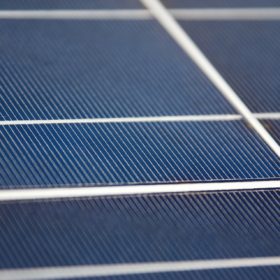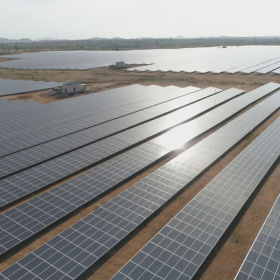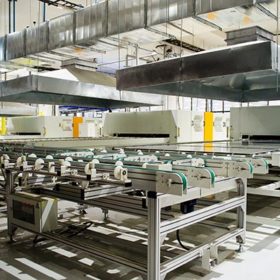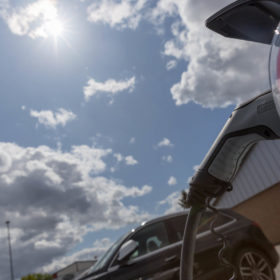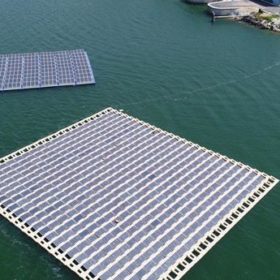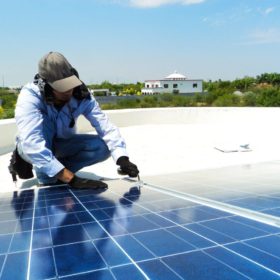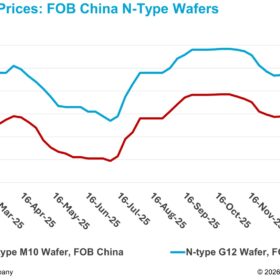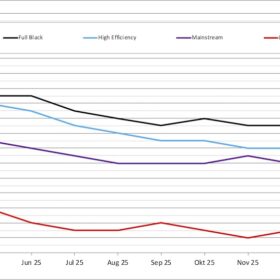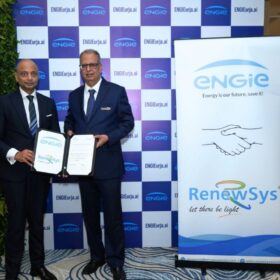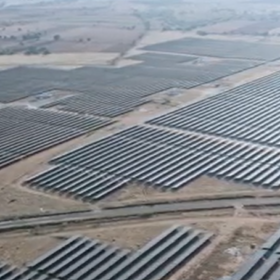Interview with U-Solar on making the most of the lockdown
In an interview with pv magazine, U-Solar Clean Energy founder and CEO K.R. Harinarayan shares the impact of Covid-19 lockdown on their solar EPC projects and how they are utilizing this time productively.
L&T bags 500 MW solar EPC contracts
Larsen & Toubro has secured EPC orders totaling 500 MW grid-connected solar capacity, in addition to significant contracts in India and overseas for power transmission and distribution.
European investor ThomasLloyd, SolarArise launch 75 MWp solar project in Uttar Pradesh
The project—requiring investment of 34.9 million euros—will be built by EPC contractor Jakson with modules supplied from JA Solar.
Tata Power Solar bags 300 MW CPSU II project from NTPC
The grid-connected solar project—scheduled for commissioning in September 2021—is valued at Rs 1730.16 crore and will be developed using Tata Power’s own cells and modules.
Covid-19 impact: An interview with Amp Energy India CEO
Pinaki Bhattacharyya, Amp Energy India MD and CEO, speaks to pv magazine about the impact of Covid-19 pandemic on the solar industry and the ways in which the government can build a positive sentiment in the industry.
How much money can you make with PV-assisted EV charging stations?
A French-Turkish research team has created an economic model to optimize scheduling for solar-powered EV charging units. The proposed model suggests that such projects might be more profitable today than at the end of the decade, depending on a wide range of variables.
SCCL tenders 15 MW (AC) grid-interactive floating solar
May 4 is the deadline to submit bids for the solar capacity which shall come up at the state-owned coal miner’s Singareni Thermal Power Plant storage reservoir (10 MW) and Dorli open-cast project void (5 MW) in Telangana.
WoodMac predicts India’s renewables installation to fall by a fifth due to lockdown
Over 21.6% or 3 GW of solar and wind installations will get delayed due to supply and labour disruptions caused by the ongoing Covid-19 lockdown, according to the analysts which in a January report forecast the country to add over 15 GW of renewable capacity this year.
Covid-19 lockdown: MNRE asks Discoms not to stop payments to renewable power producers
The clarification came after States reacted wrongly to the power ministry’s recent order providing a moratorium on conventional power payments and started stopping payments or curtailing renewable power.
CEL extends EOI submission deadline for solar EPC empanelment
Interested solar EPC contractors can now submit expressions of interest till April 30 to get empaneled with the state-owned Central Electronics Limited.
